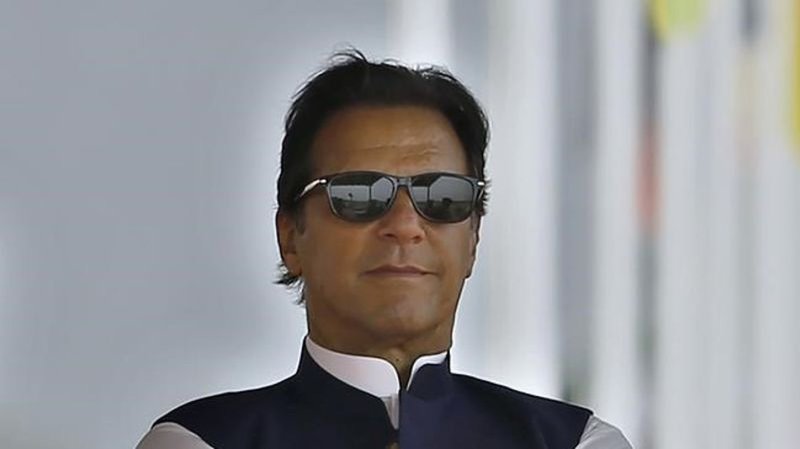
Pakistan’s embattled PM ousted in no-confidence vote
ISLAMABAD (AP) — Pakistan’s political opposition ousted the country’s embattled prime minister in a no confidence vote on Saturday, which they won after several of Imran Khan’s allies and a key coalition party deserted him.
The combined opposition that spans the political spectrum from the left to the radically religious will form the new government, with the head of one of the largest parties, the Pakistani Muslim League, taking over as prime minister.
Anticipating his loss, Khan, who charged his opposition colluded with the United States to unseat him, has called on his supporters to stage rallies nationwide on Sunday. Khan’s options are limited and should he see a big turnout in his support, he may try to keep the momentum of street protests as a way to pressure Parliament to hold early elections.
Khan earlier had tried to sidestep the vote by dissolving Parliament and calling early elections but a Supreme Court ruling ordered the vote to go ahead.
